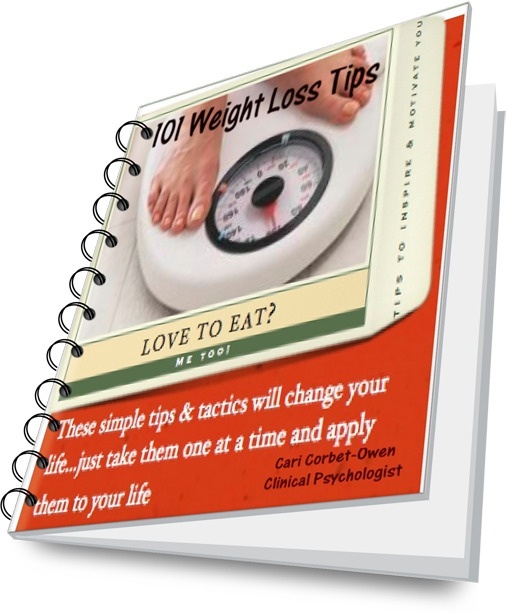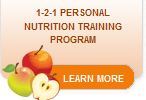Lose Weight > Question and Answer > Nutrition Dieting > The many causes of muscle cramps and how to manage them
The many causes of muscle cramps and how to manage them
Question
After walking about 2 miles a day for a year and a half at a pretty brisk pace, I have all of a sudden developed a sever cramp in my right calf when going up a moderate hill. I have a pretty balanced diet: vegetables, fruit, meat, etc. Everybody tells me low potassium is a likely culprit. However, my research indicates lukewarm response to the effectiveness of Potassium Gluconate, which is the only source WebMD.com recognizes.
Any ideas?
As to bananas, how much potassium does an average banana have? How many a day would I need to eat to help me?
Dear Chas,
First of all, there can be more than one reason for calf muscle cramps, for instance, deformation of foot bones leading to dis-coordination of tendon reflexes, venous insufficiency, hyper-excitability in motor nerves, exaggerated spinal reflexes, inflammation in muscle and tendon tissues, and even Herpes virus outbreak in the nerves serving the calf muscles. You can imagine that different causes would call for different treatments.
As to the potassium issue, concentrations of potassium, were not different between those runners suffering from cramp and those not affected (J Sports Sci, 4, 1, 1986, 31 - 34); similar results were shown for sedentary people (Clin Nutrition, 28, 3, 2009, 351-354). Concentrations of sodium in triathlon athletes having and not having cramps were not different after races (Medicine & Science in Sports & Exercise: 2005 - 37 - 7 - pp 1081-1085)
Dehydration leading to hyper-excitable neuromuscular junctions is a serious suspect as on of possible reasons for cramps(Current Sports Medicine Reports:Supplement-Sodium Balance and Exercise, 2008 - Volume 7 - Issue 4)
The easy and reliable answers are:
1. Horse-chestnut seed extract for venous problems (Int-Angiol. 2002 Dec; 21(4): 305-15)
2. VALTREX (Rx) or L-Lysin (OTC) for Herpes
3. Anti-inflammatory measures including omega-3 supplementation and baby aspirin AND cutting down on carbohydrates
4. General calming measures like herbal calming teas
5. Soothing massage of the calf (or, consider the currently fashionable reflexo-therapy: read about it here: http://starturl.com/reflexo-therapy)
6. Make sure you are not dehydrated
7. Ask for professional physical therapy guidance for proper stretching and strengthening exercises
As to sources of potassium, please refer to http://starturl.com/patassium-in-foods
Tanya Zilberter
- Prev:Frozen yoghurt vs. Frozen dessert
- Next:bananas
Related Articles
-
Hypothyroidism and weight loss?
QuestionHi, im 17 years old, and about..410 1/2 and weigh about 1
-
Nutrition of German soccer team - can it be good for me too?
QuestionQUESTION: Dear Mrs. Ostrager, thanks so much for decidi
-
I messed up my metabolism
QuestionI seem to be in some kind of slump. I started worki
-
How to Lose Weight
QuestionHello! My name is Breanne and I am 30 years old. I stand
-
recovering from a diet
QuestionHi, I have just finished being on a diet (Ive reachet my
-
Isnt it silly?
QuestionHow can so many people suggest you do not drink water wit



